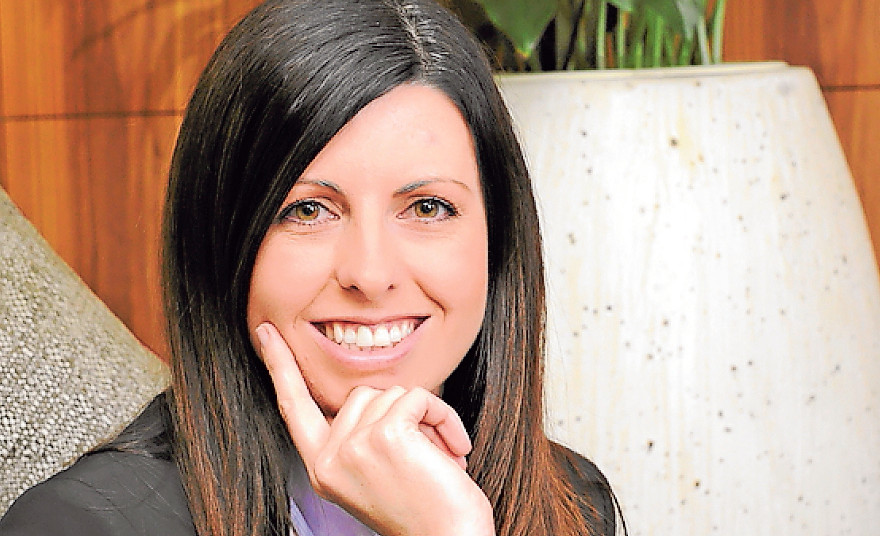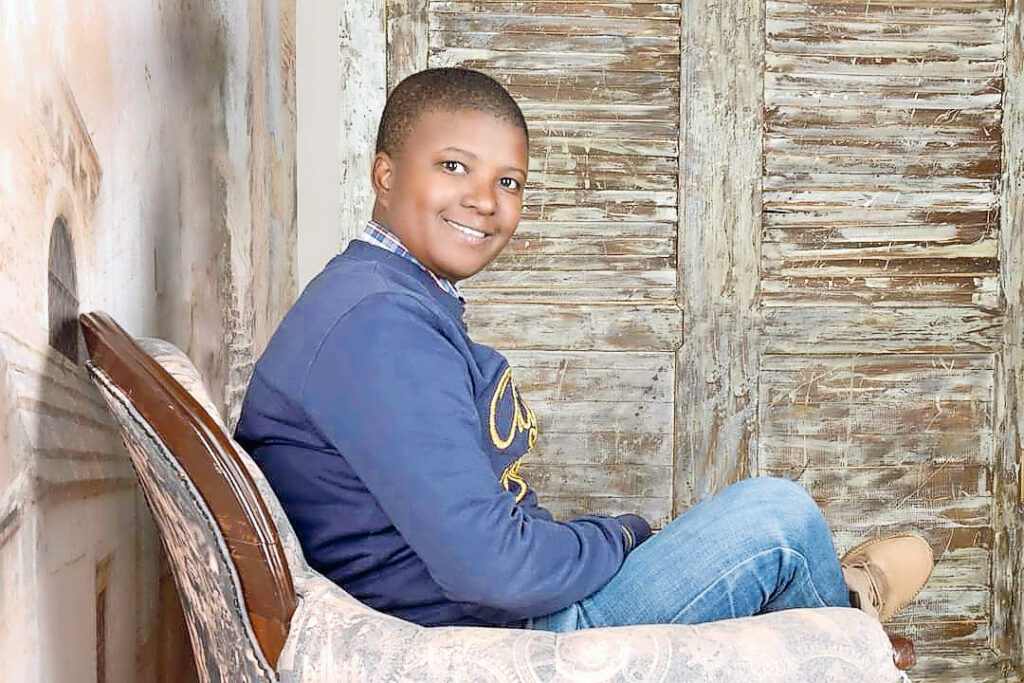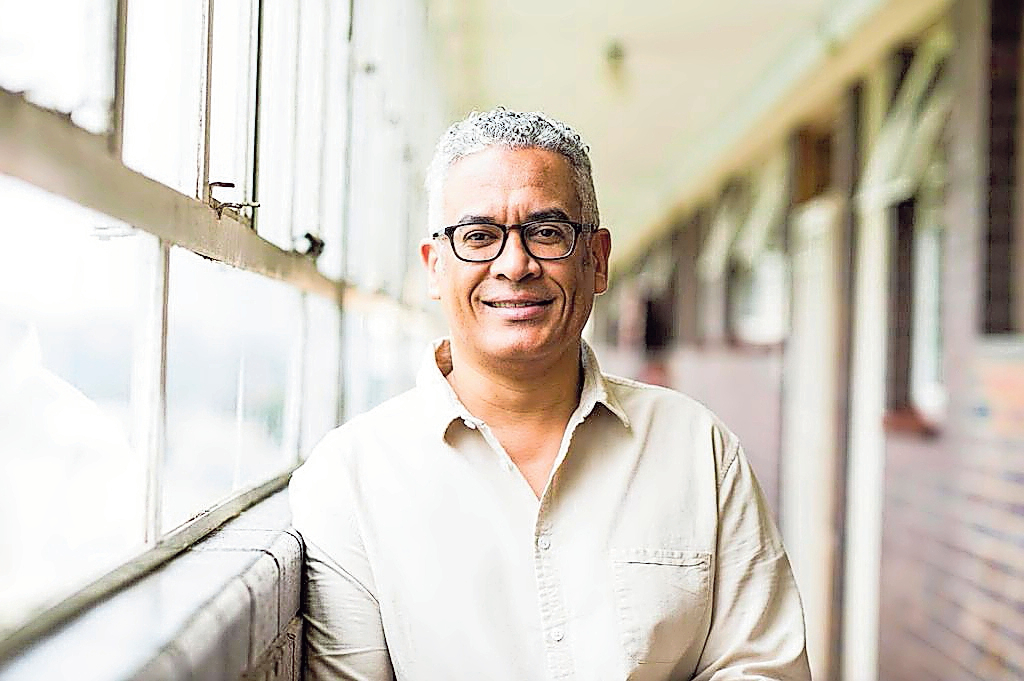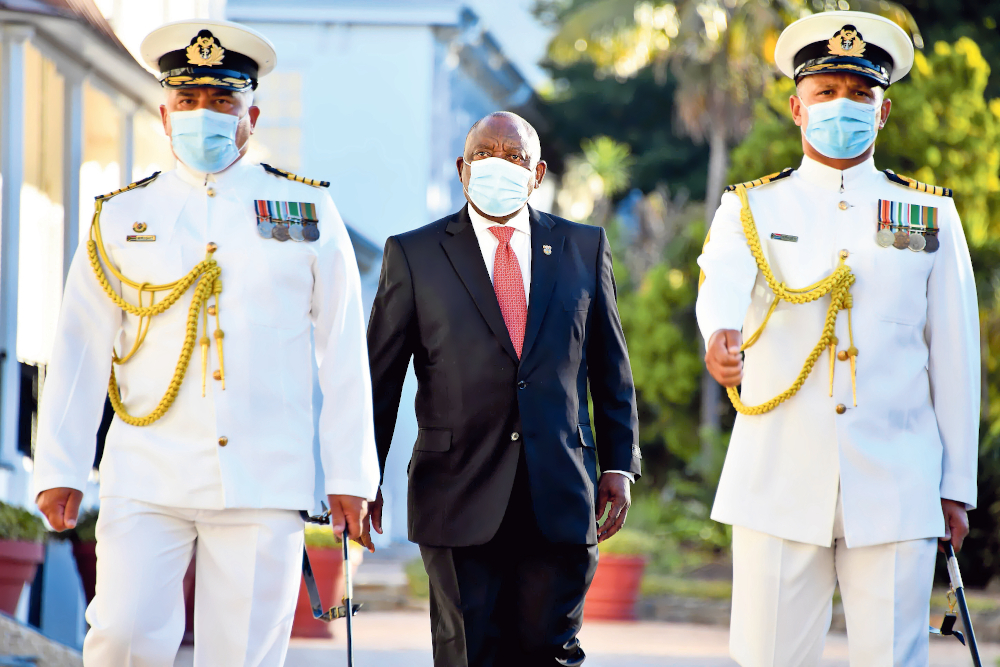President Cyril Ramaphosa addresses a desperate South Africa in the midst of a financial slump and a deadly pandemic.
In response to the President’s 2021 State of the Nation Address, the Mail & Guardian, in partnership with Rosa Luxemburg Stiftung, engaged with industry experts to unpack the address.
President Cyril Ramaphosa’s frugal State of the Nation Address (Sona) this year due to Covid-19 lockdown restrictions made it exceptional, even praiseworthy.
“A country should only have the glitz and glamour if it has the budget for those,” said Gina Schoeman, an economist at Citibank. “Maybe that’s the way it should continue in the future: keep it business-focussed and add a bit of hope.”
 Gina Schoeman, economist, Citibank
Gina Schoeman, economist, Citibank
The hybrid sitting, which accommodated only 30 MPs in the National Assembly Chamber, was carried out without a red carpet, gun salute and military and police parades. It cost only R100 000, a fraction of the up to R9-million that was forked out in the past; and most of that was spent on beefing up technology to stream proceedings online and on broadcast platforms.
Covid-19 has ravaged economies worldwide and millions have lost their jobs. “Poverty is on the rise. Inequality is deepening,” Ramaphosa said. “In the third quarter of 2020, our economy was six percent smaller than it was in the last quarter of 2019.”
There were 1.7-million fewer people employed in the third quarter of 2020 than there were in the first quarter, before the pandemic struck, he added. “Our unemployment rate now stands at a staggering 30.8%.”
In this context it was good to extend the Social Relief of Distress Grant for another three months, said Schoeman. The extra costs only amounted to 0.1% of the GDP. “That is nothing compared to some of the other things South Africa spends money on that have a negative fiscal multiplier impact on the economy. The social grants top-ups, if they are temporary and necessary, are certainly a positive fiscal multiplier, because they can help alleviate poverty,” she said.
She also said businesses were battered by the pandemic, and there were “many things scattered” around Ramaphosa’s speech that indicated greater support for small businesses. One of this was in the energy supply: things are slowly improving at energy utility Eskom. “It seems somewhat counter-intuitive that, while we’ve been undergoing load-shedding, they’ve also been doing planned maintenance, but these are the near-term costs that we’ve been going through to try to achieve energy security down the line,” she said.
 Rebone Tau, programmme manager for political affairs at Rosa Luxemburg Stiftung
Rebone Tau, programmme manager for political affairs at Rosa Luxemburg Stiftung
Rebone Tau, programme manager of political affairs at Rosa Luxemburg Stiftung, said the pandemic presented an opportunity to strengthen the economy. “It gives an opportunity for us to actually strengthen the manufacturing industry in this country, which will create more jobs. Over the years the manufacturing industry has been destroyed [by cheap imports from elsewhere] so we’re going back to what we knew back then,” she said. “So it’s a good thing for us to start supporting locally made products.”
In his speech Ramaphosa mentioned “a massive increase in local production” and “a massive rollout of infrastructure” as two of the four pillars of government’s Economic Reconstruction and Recovery Plan, which he presented to a Joint Sitting of Parliament four months before. The other two were “an employment stimulus to create jobs and support livelihoods” and “the rapid expansion of our energy generation capacity”.
Angelo Fick, director of research at the Auwal Socio-Economic Research Institute, warned that, although some would appreciate that he outlined only four focus areas, these “broad strokes” could mean that the details could become a problem. “This is all very good and well in terms of what should be done. The problem lies in how it will be done, and how can or can’t these details be implemented in a weakened state.”
 Angelo Fick, director of research, Auwal Socio-Economic Research Institute (ASRI)
Angelo Fick, director of research, Auwal Socio-Economic Research Institute (ASRI)
Fick said Covid-19 had made a huge impact on the South African state and people’s lives, and it made this year’s Sona significant. “What we have seen here is a country where more than 45 000 people have died and more than a million have been infected [with Covid-19] and we are nowhere near the end of the pandemic cycle,” he said. “The closest we have come to this would have been the first Sona in the post-apartheid South Africa, and perhaps the one immediately after the Marikana massacre [in 2012].”
Fick, too, agreed that the extension of the R350 emergency grant was a good move, as it “really did keep people from starvation”. He added that the business support grants and temporary employer relief scheme paid from the Unemployment Insurance Fund were helping a great number of workers. Interventions such as social grants showed “the ANC has made very significant changes in the lives of millions of people between 1994 and 2021, but it has also brought misery in a variety of ways to people that was absolutely unnecessary because of corruption”.
Ramaphosa said government had acted “decisively” to stop the alleged fraud and corruption in the procurement of Covid-19 goods and services when these reports first started to surface. It had established a fusion centre to bring together law enforcement agencies to share information and resources.
“We will shortly be appointing the members of the National Anti-Corruption Advisory Council, which is a multi-sectoral body that will oversee the initial implementation of the strategy and the establishment of an independent statutory anti-corruption body that reports to parliament,” the president said.
 This year’s state of the nation address was without most of usual the bells and whistles because of the pandemic. Although some of the president’s pledges were promising, there is scepticism about their implementation
This year’s state of the nation address was without most of usual the bells and whistles because of the pandemic. Although some of the president’s pledges were promising, there is scepticism about their implementation
But Tau said Ramaphosa had been speaking about fighting graft since 2018. “It’s like a slogan, this thing of corruption. The president talks about projects coming up, and so forth, but we’re not seeing any results regarding corruption. The reality on the ground that we are seeing is different. Money is being looted, and it’s worrying, especially now when people are losing jobs.”
Corruption “cuts across all departments, whether national, provincial or local governments” and it delays progress because money meant to serve the people is lost.
Fick added that Ramaphosa should not be speaking about a battle against corruption “and all these fantastic plans” as if it hadn’t been spoken about before. “The president himself isn’t doing all he can within his immediate environment to address concerns that the same corruption that overwhelmed us in what he calls ‘the era that gave us the rubble’, that we currently sit with, isn’t going to be repeated now,” he said. In the past 11 months South Africa has experienced corruption allegations and corruption findings around personal protective equipment, the UIF and around food parcels on the local government level that implicated senior members of Ramaphosa’s household, Fick said. He was referencing Ramaphosa’s spokesperson, Khusela Diko, whose husband was implicated in the irregular awarding of a tender.
“It’s one thing to make rhetorical statements at Sona. What people want to see is concrete action,” he concluded.